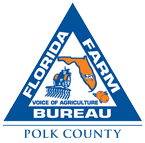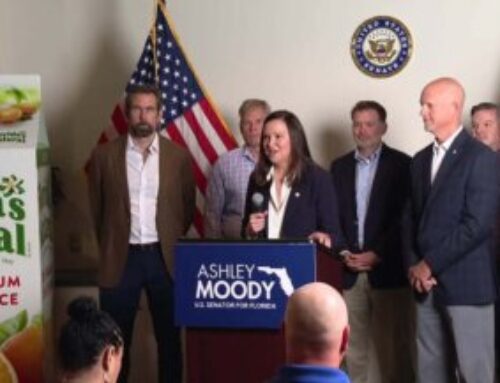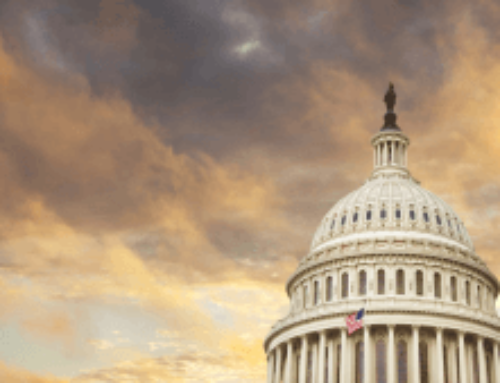Artificial Intelligence in Agriculture
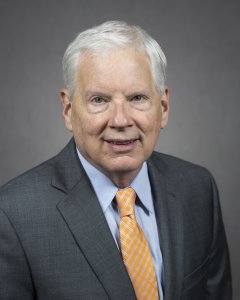
FloridAgriculture eNews, September 2020
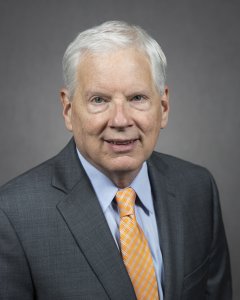
You’re probably not going to get an edge on your global competitors with cheaper labor, more government support or lenient environmental regulation. You’re going to do it with technology.
The most important thing UF/IFAS will do for the Florida farmer in the next decade is put affordable, easy-to-use artificial intelligence to work on local farms.
Many of you are already halfway there if you use soil moisture sensors, weather stations or even drones. You can harvest immense amounts of data. The challenge is how do you make sense of it?
It’s beyond the capacity of the human brain to synthesize thousands, even millions of data points into a single conclusion. You need AI to do that quickly and accurately. UF/IFAS already has animal scientists, plant pathologists, agronomists and agricultural and biological engineers working with or planning to work with computer scientists on how to take data from several places–for example, the National Weather Service, sensors in your soil and aerial photos of your field—and translate it into advice.
You’ll be able to access that advice through things like smartphone apps that can instantly detect diseases even on a plant with no visible symptoms. Arnold Schumann in our Citrus Research and Education Center already has a prototype that specializes in citrus diseases. It’s not complicated to use. And apps will be a whole lot less expensive than buying another machine.
It’s going to take a huge investment by UF/IFAS to get us there. Right now, some of our faculty are using UF’s HiPerGator, the world’s fastest AI supercomputer in higher education. Our aim is to give you the speed and analysis of huge data sets through your phone or laptop, like the way science has created smartphones with more computing power than Apollo 11.
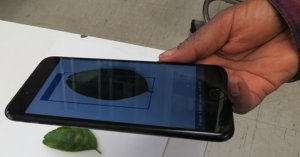 That investment is coming. The University of Florida recently announced a $70 million campus wide artificial intelligence initiative, and agriculture is identified as one of its target research areas.
That investment is coming. The University of Florida recently announced a $70 million campus wide artificial intelligence initiative, and agriculture is identified as one of its target research areas.
It will also deploy AI across the curriculum, including that of the UF/IFAS College of Agricultural and Life Sciences, so your future workforce will be AI-literate.
The initiative is supported by a $25 million gift from UF alumnus Chris Malachowsky and $25 million in hardware, software, training and services from NVIDIA, the Silicon Valley-based technology company he cofounded and a world leader in AI and accelerated computing. UF is investing an additional $20 million in the initiative.
My job over the next few months is to make the case for agriculture to get its fair share of UF’s AI resources. We’re also seeking federal funding as we aim AI at Panhandle peanuts and Hillsborough County squash and Gainesville cows.
AI isn’t a gadget. It makes your gadgets better. As smart as your smartphone is, it will need AI to give you instant feedback based on what you show it in your grove, field, forest, fish farm or on your ranch.
You have asked for tech tools that work faster than you can think, not slower than your plants and animals grow. We mean to deliver them.
Scott Angle is the University of Florida’s Vice President for Agriculture and Natural Resources and leader of the UF Institute of Food and Agricultural Sciences (UF/IFAS).
